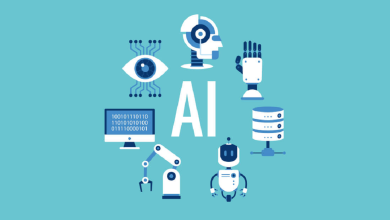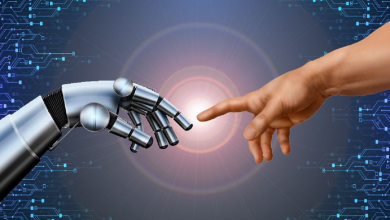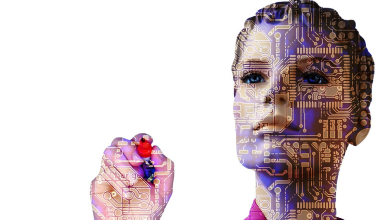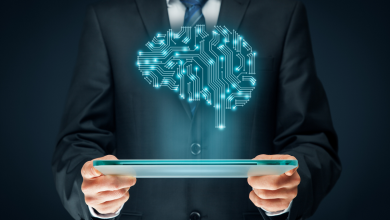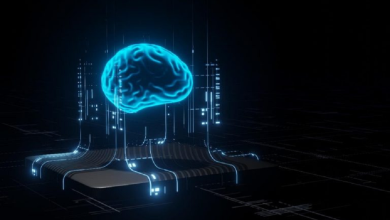Exploring the Possibilities and Implications of AI in Everyday Life
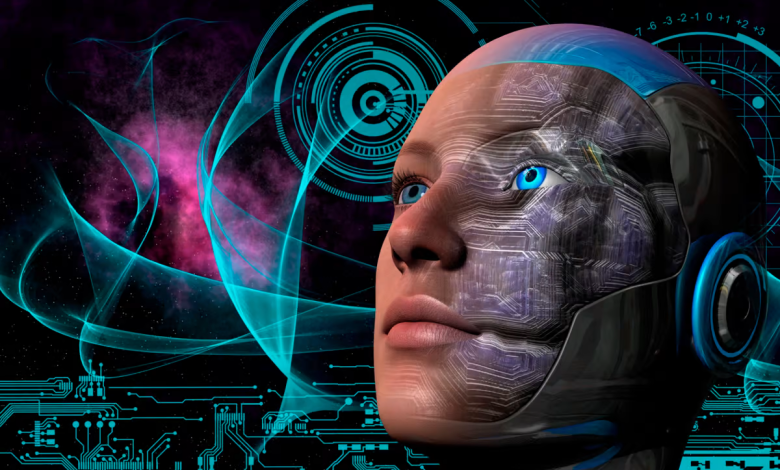
Introduction to Artificial Intelligence (AI)
Artificial Intelligence (AI) has become an integral part of our lives, shaping the way we live and work. As technology continues to advance at an unprecedented rate, the potential of AI seems limitless. In this article, I will delve into the evolution of AI, its applications in everyday life, and the ethical considerations and implications it poses for society.
The Evolution of AI
The concept of AI dates back to ancient times, where myths and folklore spoke of intelligent machines. However, it wasn’t until the mid-20th century that AI truly began to take shape. The invention of the computer and the development of algorithms paved the way for the birth of AI. Early applications focused on logic, reasoning, and problem-solving.
Over the years, AI has evolved significantly, thanks to advancements in machine learning and deep learning. Machine learning algorithms enable computers to learn from vast amounts of data and make predictions or decisions without explicit programming. Deep learning, a subset of machine learning, utilizes artificial neural networks to mimic the human brain’s structure and function. This has led to breakthroughs in natural language processing, image recognition, and autonomous systems.

Understanding Artificial Intelligence
Artificial Intelligence refers to the ability of machines or computer systems to perform tasks that would typically require human intelligence. This includes tasks such as speech recognition, decision-making, problem-solving, and pattern recognition. AI systems can process and analyze vast amounts of data, enabling them to perform complex tasks with speed and precision.
There are two types of AI: Narrow AI and General AI. Narrow AI, also known as Weak AI, is designed to perform specific tasks or solve particular problems. Examples include voice assistants like Siri and Alexa, recommendation algorithms used by streaming platforms, and autonomous vehicles. On the other hand, General AI, also known as Strong AI, refers to machines that possess human-level intelligence and can perform any intellectual task that a human can do. While General AI remains a theoretical concept, researchers and scientists continue to work towards achieving this level of AI.
Applications of AI in Everyday Life
AI in Healthcare
The healthcare industry has embraced AI to revolutionize patient care and diagnosis. AI-powered systems can analyze medical images, such as X-rays and MRIs, to detect abnormalities and assist in accurate diagnoses. Additionally, AI algorithms can predict disease outbreaks, aid in drug discovery, and personalize treatment plans based on an individual’s genetic makeup. AI has the potential to improve patient outcomes, enhance efficiency, and reduce healthcare costs.
AI in Transportation
AI has transformed the way we travel and commute. Self-driving cars, powered by AI, have the potential to make our roads safer and more efficient. These vehicles can interpret their surroundings, predict road conditions, and navigate complex traffic situations without human intervention. AI algorithms can also optimize transportation routes, reducing congestion and fuel consumption. Furthermore, AI-enabled drones are being used for delivery services, providing faster and more cost-effective solutions.
AI in Education
In the field of education, AI is enhancing the learning experience for students and educators alike. Intelligent tutoring systems can personalize learning based on individual needs, providing targeted support and feedback. AI-powered virtual assistants can answer students’ questions, offer guidance, and facilitate online discussions. Additionally, AI algorithms can analyze vast amounts of educational data to identify trends, improve curriculum design, and inform decision-making in education policy.
AI in Customer Service
Customer service has been revolutionized by AI-powered chatbots and virtual assistants. These intelligent systems can interact with customers, answer queries, and provide support 24/7. Natural language processing enables chatbots to understand and respond to customer inquiries in a human-like manner. AI algorithms can analyze customer behavior and preferences, allowing businesses to offer personalized recommendations and enhance the overall customer experience.

Ethical Considerations of AI
While AI offers numerous benefits, it also raises ethical concerns. One significant concern is the potential for bias in AI algorithms. AI systems learn from historical data, which may contain inherent biases. If these biases go unchecked, they can perpetuate discrimination and inequality. To address this issue, it is crucial to ensure that AI algorithms are trained on diverse and unbiased datasets and that they undergo rigorous testing and validation.
Another ethical consideration is privacy and data security. AI systems rely on vast amounts of data to function effectively. However, this raises concerns about data privacy and the potential misuse of personal information. Striking a balance between data accessibility and privacy is essential to maintain trust in AI systems.
The Future of AI
The future of AI holds immense possibilities. As technology continues to advance, AI is expected to become even more integrated into our everyday lives. We can anticipate advancements in robotics, healthcare, transportation, and many other fields. However, it is crucial to ensure that these advancements are guided by ethical principles, transparency, and accountability.
Implications of AI in Society
The widespread adoption of AI will undoubtedly have profound implications for society. While AI has the potential to enhance productivity, improve healthcare outcomes, and solve complex problems, it also raises concerns about job displacement. As AI systems automate tasks previously performed by humans, there is a need to prepare the workforce for the changing job landscape and provide opportunities for reskilling and upskilling.
Additionally, the rise of AI brings ethical dilemmas and questions about responsibility. Who is accountable when AI systems make errors or cause harm? Should AI systems have legal rights and responsibilities? These are complex questions that require careful consideration and regulation to ensure the responsible development and deployment of AI technologies.

